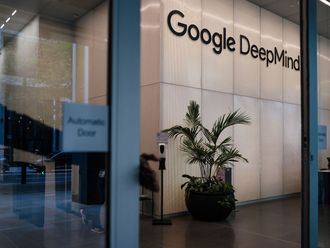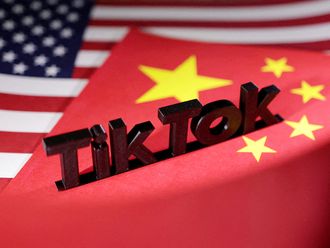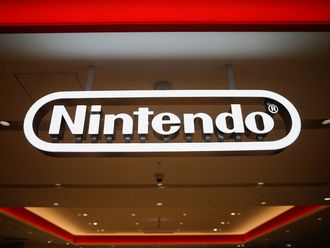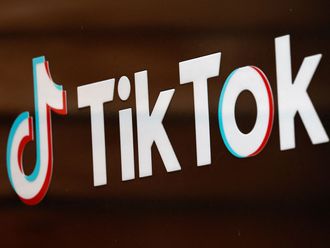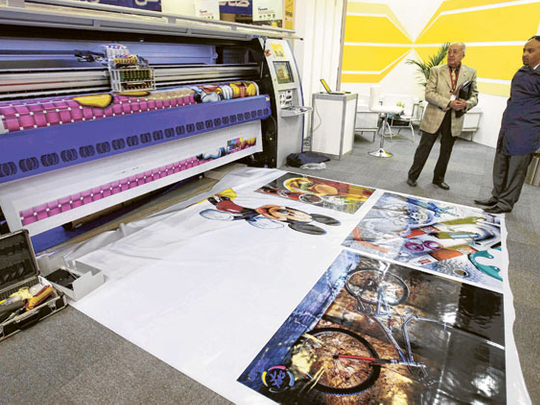
Dubai: The International Media Production Zone (IMPZ) experienced 10 per cent growth in the number of new companies seeking registration last year, according to a senior official.
At the same time, 6 per cent of existing companies also withdrew from the IMPZ for lack of financing from banks, to complete construction of their production outlets, Saeed Al Falasi, executive director of IMPZ, said on the sidelines of the Gulf Print and Pack exhibition.
The IMPZ — dedicated to the printing, packaging and graphic arts industry — is in talks with several packaging companies to set up shop, but funding continues to be a problem, he added. Al Falasi estimates the cost of setting up to range from Dh50,000 to Dh500,000 depending on the duration of the land lease, size of the plot, the type of company licence and its product.
Licensing and set-up fees alone cost about Dh25,000 while land is leased for Dh4 per square foot. Total investments in IMPZ, which is part of the media cluster of Tecom Investments and a member of Dubai Holding, have reached Dh1 billion.
About Dh250 million was invested in roads and infrastructure alone in 2008.
Additional spaces
However, new investments have dried up since 2009. "You have to look at the market and see if it needs additional spaces," said Ali Dawood, head of operations at the IMPZ.
As part of its 2011 strategy, the IMPZ is focused on attracting the "undiscovered market" of packaging companies through offerings of pre-built production units such as warehouses with offices and showrooms.
"All the ancillary they need is around them, like suppliers and clients," Al Falasi said. "They get to cut costs on logistics because they don't have to ship stuff in and out."
The advantages in setting up the 43 million square foot IMPZ along Emirates Road comes from being in a media cluster.
There's the availability of infrastructure tailored for the needs of the industry and industrial land that comes with sufficient power, he added.
Companies can have 100 per cent ownership and are exempt from a range of taxes including those for machinery, raw materials and spares utilised by the industry. "Our aim is not to become another free zone; our zone is meant to be for this specialised business… we understand their needs and what Dubai needs," Al Falasi said.
The IMPZ is currently home to about 200 companies, with half of the area for industrial purposes and the other for residential accommodation. Only 35 per cent of the industrial zone is currently occupied, while 15 per cent is under construction and another 15 per cent is booked by companies, Al Falasi said.
The biggest demand now comes from the printing industry, he added.
Prospects are promising as more multinationals set up base in Dubai and require local printing and packaging services suited to international standards.
Total printing revenues in the Mena region reached $7.7 billion in 2009 and could increase by 7.7 per cent to $11 billion by 2015, according to Pira International, an industry portal.
Local demand for printing and packaging is driven by the growth of supermarkets, robust advertising, online shopping that requires shipping around the world, a young population and an affluent middle class hungry for brands, industry insiders say.
"Packaging and printing is growing because the country is industrialising," said Roger Pellow, managing director of Gulf Print and Pack and expects growth between 15 to 20 per cent annually.
Potential
The UAE is a potential print zone because of the tax advantage and logistics' strength.
Products from the Far East are shipped and distributed via Dubai's airport and its ports, he said.
The US alone consumes 16 square metres of labels per person a year, while India consumes about 0.9 square metre and Dubai is estimated to consume just 0.6 square metre, leaving great potential for expansion, Pellow said.
"Trade movements require logistics and supporting services," Abdullah Saleh, director-general at the Ministry of Foreign Trade told Gulf News.
Business environment
"Packaging and printing are one of the most important services in a business environment that needs to expand."
Xerox Emirates, a major industry player, is "investing heavily" in the Middle East as one of its "crucial markets" with growth opportunities, said Chris Govier, general manager of developing markets operations.
However, demand for large quantities of print is declining as content gets digitised and pushed to web, making it crucial for printing to become more customised to clients' needs and localised to each market's needs, he added.


